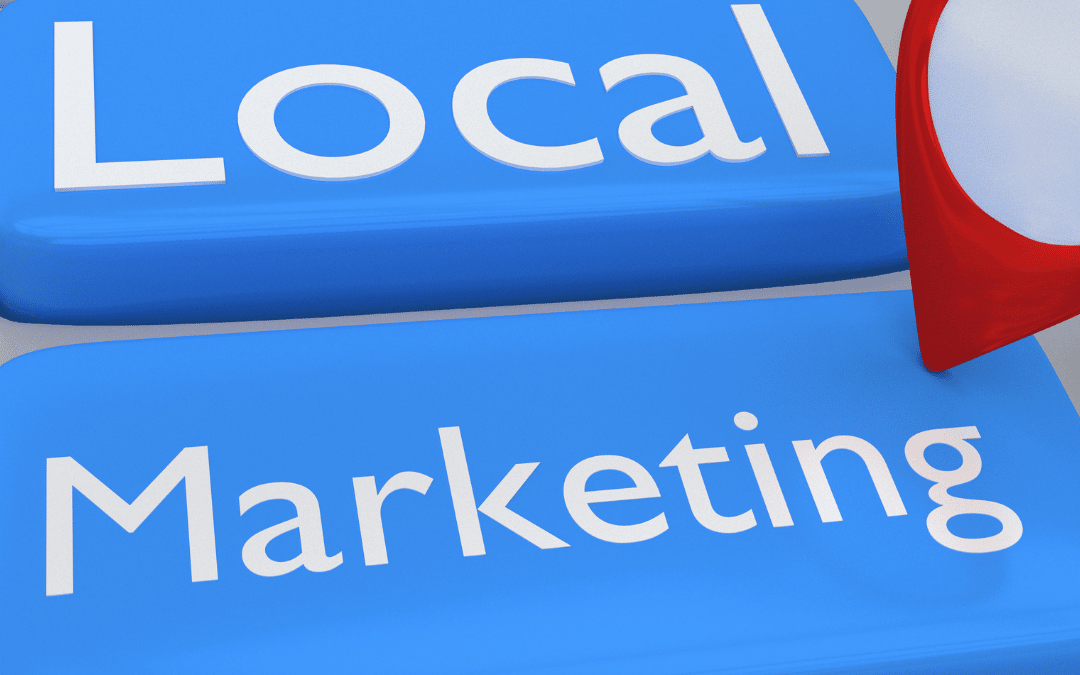5 Ways How to Improve Your Local Ranking On Google.
Improving your local ranking on Google is essential if you want to increase your visibility to potential customers in your area.
Here are some steps you can take to improve your local ranking:
- Claim and optimize your Google My Business listing: Google My Business (GMB) is a free tool that allows you to manage how your business appears on Google Search and Maps. Learn how to here.
- Ensure your website is mobile-friendly and optimized for local search with SEO – Search Engine Optimisation implemented. Explained in detail below.
- Build local citations: A local citation is any mention of your business on the web, including your Name Address Phone. Building local citations on relevant directories and websites can help boost your local ranking. Make sure your NAP is consistent across all citations, and choose directories and websites that are relevant to your industry and location.
- Get listed on local business directories: Getting listed on local business directories, such as Yelp and TripAdvisor, can help increase your visibility to local customers. Make sure to fill out your profile completely and accurately, and encourage your customers to leave reviews.
- Generate positive reviews: Positive reviews can help boost your local ranking and attract more customers. Encourage your customers to leave reviews on your GMB listing and other relevant review sites. Respond to all reviews, positive and negative, in a professional and courteous manner.
By taking these steps, you can improve your local ranking on Google and increase your visibility to potential customers in your area. It’s important to note that improving your local ranking is an ongoing process, and it may take time to see significant results.
How does SEO help a small business rank in google?
What Is SEO?
SEO, or Search Engine Optimization, is the practice of optimizing websites and content to improve their visibility and ranking in search engine results pages (SERPs). The goal of SEO is to increase the quantity and quality of organic (non-paid) traffic to a website from search engines, such as Google, Bing, or Yahoo.
SEO involves various techniques and strategies –
- Optimizing website structure and content,
- Conducting keyword research and analysis,
- Building high-quality backlinks,
- Improving website speed and mobile responsiveness, and
- Staying up-to-date with the latest search engine algorithm updates
The ultimate goal of SEO is to improve a website’s relevance and credibility in search engines’ eyes. Making it more likely to appear at the top of SERPs for relevant queries and driving more traffic and potential customers to the site.
By taking these steps, you can improve your local ranking on Google and increase your visibility to potential customers in your area. It’s important to note that improving your local ranking is an ongoing process, and it may take time to see significant results.
SEO can help a small business rank in Google in several ways:
- Keyword optimization: By identifying the keywords and phrases that people are searching for related to your business, you can optimize your website’s content to include those keywords and improve your chances of ranking for them.
- Content creation: Creating high-quality, informative, and engaging content that provides value to your target audience can help establish your business as a credible source of information in your industry. This can increase the likelihood of people linking to your content and sharing it on social media, which can boost your search engine rankings.
- Local SEO: Small businesses that serve a local market can benefit from local SEO strategies, such as optimizing their Google My Business listing, building citations on local directories, and getting customer reviews. These strategies can help improve your visibility in local search results and attract more local customers.
- Backlinks: Backlinks are links from other websites that point to your website. When reputable websites link to your site, it can improve your website’s credibility and authority in the eyes of search engines, which can help boost your rankings.
Overall, by implementing SEO best practices and strategies, small businesses can improve their online visibility and increase their chances of ranking higher in Google and other search engines. This can help drive more traffic to their website, increase brand awareness, and ultimately generate more leads and sales.
What is the difference between SEO and PPC (paid advertising)?
SEO (Search Engine Optimization) and PPC (Pay-Per-Click) are both strategies used in digital marketing to improve the visibility of a website in search engine results pages (SERPs). However, they differ in several key ways:
- Traffic source: SEO is focused on improving the quantity and quality of organic (non-paid) traffic to a website from search engines. While PPC is a paid advertising model where businesses pay for each click on their ads that appear in search results.
- Cost: SEO is typically a long-term investment and can take time to see results, but it is generally more cost-effective in the long run since it does not involve ongoing advertising costs. On the other hand, PPC can generate results more quickly but be more expensive in the long term since businesses must continue to pay for clicks.
- Targeting: With SEO, businesses optimize their website and content to rank for specific keywords and phrases, but they cannot control who sees their website in search results. With PPC, businesses can target their ads to specific demographics, locations, and interests.
- Click-through rate (CTR): SEO results typically have a higher CTR than PPC ads since users tend to trust organic search results more than ads.
- Click Quality: With PPC, businesses must pay for every click, regardless of whether it leads to a conversion. With SEO, traffic is free, and the quality of the traffic tends to be higher since users are actively seeking out information on specific topics or products.
Overall, while SEO and PPC can be effective strategies for improving website visibility and generating traffic, they differ in cost, targeting capabilities, and traffic quality.

Growing Your Look and Your Profit
Get in touch with us today, and let’s place your business where it deserves to be, on the first page.

